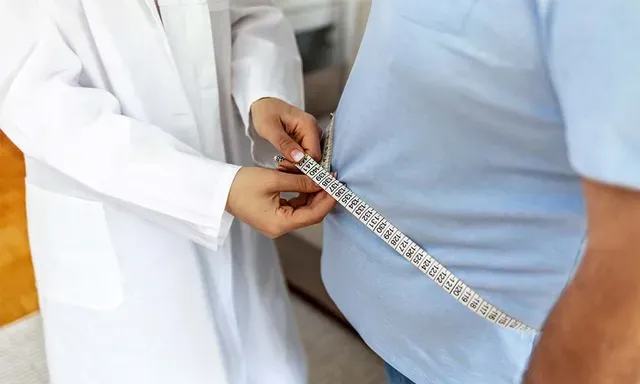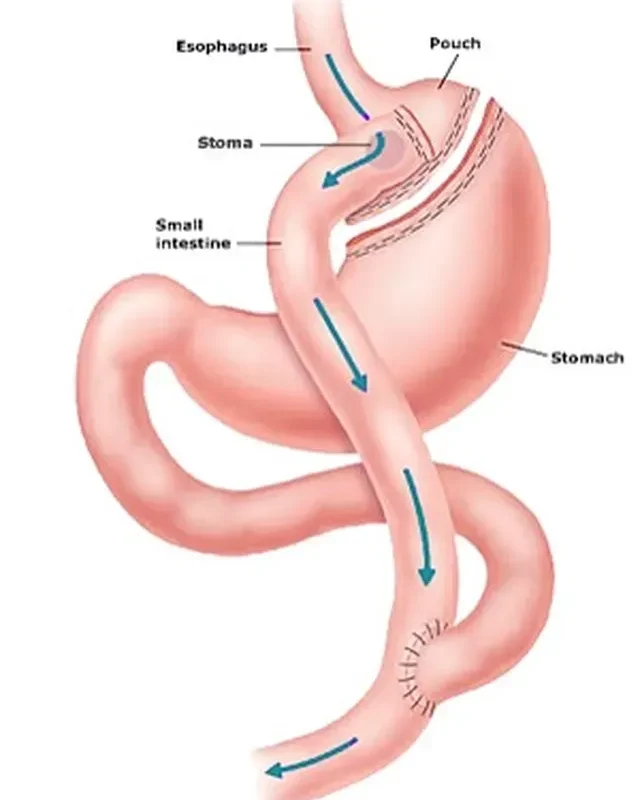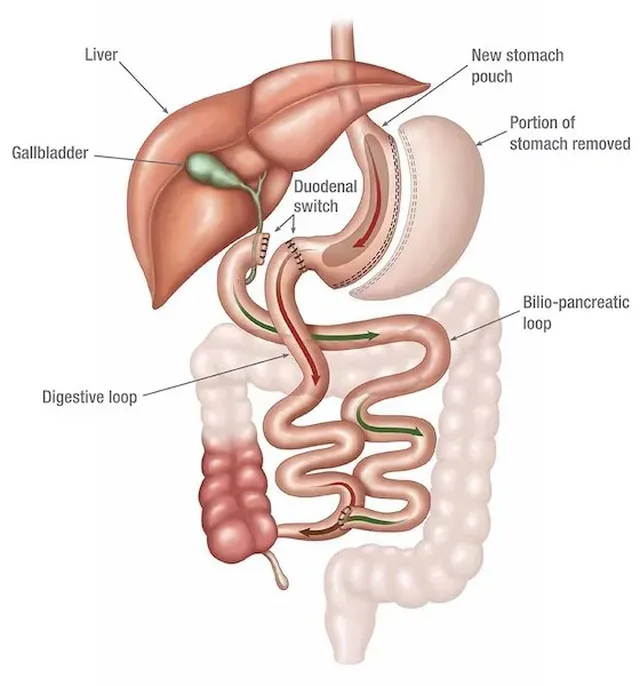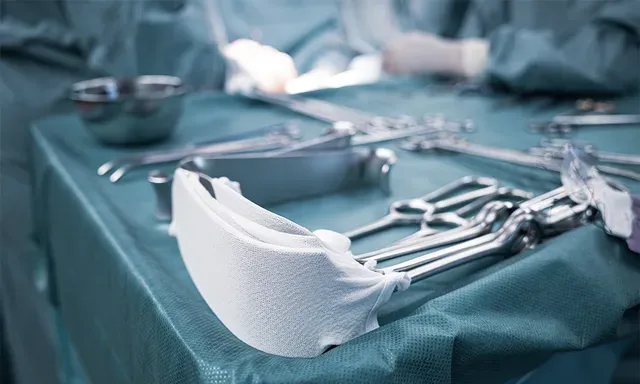When people decide to have weight loss surgery, more than 60% choose the gastric sleeve, a procedure that’s highly effective and poses fewer risks compared to other procedures. At Waked MD, compassionate surgeon Tarek Waked, MD, FACS, FASMBS, has extensive experience and success performing gastric sleeve surgery. Dr. Waked also offers holistic care for gastric sleeve patients, including support groups, behavioral therapy, and nutritional counseling. To learn if you qualify for the gastric sleeve, call one of our offices in Georgetown or Middletown, Delaware, or book an appointment online today.
Gastric Sleeve
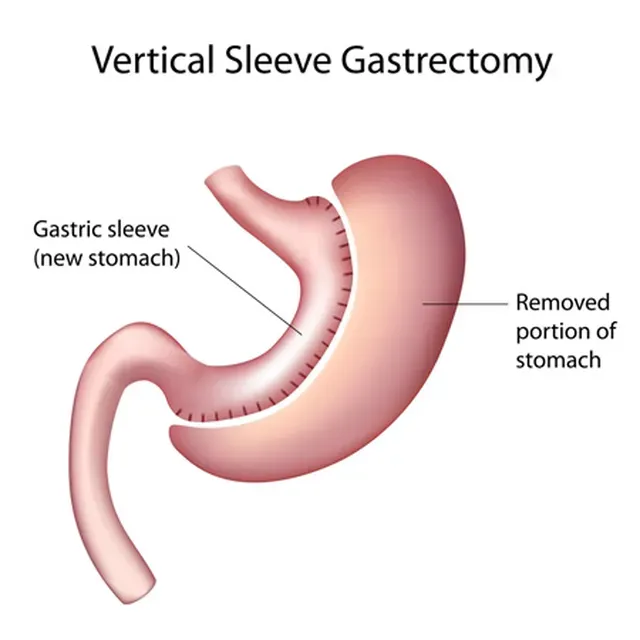
Gastric Sleeve services offered in
Georgetown, DE
Gastric Sleeve Q&A
Sleeve Gastrectomy
The Laparoscopic Sleeve Gastrectomy – often called the sleeve – is performed by removing approximately 80 percent of the stomach. The remaining stomach is a tubular pouch that resembles a banana.
This procedure works by several mechanisms. First, the new stomach pouch holds a considerably smaller volume than the normal stomach and helps to significantly reduce the amount of food (and thus calories) that can be consumed. The greater impact, however, seems to be the effect the surgery has on gut hormones that impact a number of factors including hunger, satiety, and blood sugar control.
Short-term studies show that the sleeve is as effective as the roux-en-Y gastric bypass in terms of weight loss and improvement or remission of diabetes. There is also evidence that suggests the sleeve, similar to the gastric bypass, is effective in improving type 2 diabetes independent of weight loss. The complication rates of the sleeve fall between those of the adjustable gastric band and the roux-en-y gastric bypass.
Advantages
1. Restricts the amount of food the stomach can hold
2. Induces rapid and significant weight loss that comparative studies find similar to that of the Roux-en-Y gastric bypass. Weight loss of >50% for 3-5+ year data, and weight loss comparable to that of the bypass with the maintenance of >50%
3. Requires no foreign objects (AGB), and no bypass or re-routing of the food stream (RYGB)
4. Involves a relatively short hospital stay of approximately 2 days
5. Causes favorable changes in gut hormones that suppress hunger, reduce appetite, and improve satiety.

